Cycles of challenges
Following his recent re-election as General Secretary, Beckie Smith talks to Dave Penman about culture wars, flexible working, “the most important pay deal in a decade” and what’s next for the FDA.
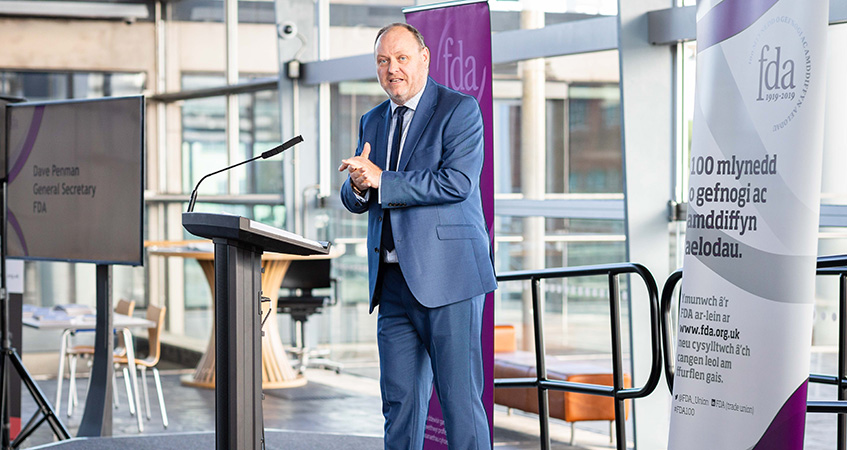
“It is a strange thing that you go through emotionally when you’re going through this process,” Dave Penman says. September marked the third time he has been through this particular process – being elected as the FDA’s general secretary. Despite running unopposed, he calls the re-election result “humbling”. Union members still had to decide whether he was doing a good enough job to stay – or give him the sack.
Penman’s nine years leading the FDA have been divided by “cycles of challenges”. In the first few years, austerity meant staff cuts and the 1% public sector pay cap. Back then, he was working on “expanding the union beyond its natural boundaries” by launching Keystone, representing SEOs and HEOs.
When his second term rolled around in 2016, he was pushing hard to reverse a decline in membership as civil service headcount fell. But soon, Brexit became the dominating theme, with departments swelling their numbers and workloads piling up. Those effects were compounded last year with the arrival of COVID-19, which also sped along massive changes around flexible and home working.
“Everything that’s happened the last 18 months has turned the world of work on its head,” Penman says. Civil servants have faced enormous pressures, with large numbers working remotely during the pandemic, and the union has fought several battles to prevent officials being forced back to offices prematurely.
Now comes the task of “understanding what the new world of work means”, and the return to normality post-pandemic. “I think we face a really big issue now of making the most of the potential for flexible working,” Penman says.
Vicious briefings
But progress may not be helped by the frequent and vicious briefings suggesting civil servants are lazy and pointlessly resistant to the return to office life. This, Penman says, has its roots in an earlier “cycle of challenge”. The civil service has always endured some political sniping, but not at a level that fundamentally undermined officials’ work, he says.
“Brexit changed all that. I’ve said in the past, I think one of the problems is that Theresa May didn’t address the attacks on the civil service, because she was trying not to antagonise the Brexit element of the party,” he recalls. With accusations that ‘remoaner’ civil servants wanted to thwart the whole endeavour going unchallenged, these attacks became the norm.
When Boris Johnson became PM, the attacks continued. There was the ‘shit list’ of permanent secretaries allegedly being targeted for removal – and indeed, some perm secs at the end of their contracts were not asked to stay. There were the threats of a “hard rain” coming for Whitehall, and the relentless briefings against former Home Office perm sec Sir Philip Rutnam, contributing to his resignation last year.
It feels like the current government, Penman has concluded, “is always seeking for the next culture war against the civil service” – whether over Brexit, presumed resistance to reform, or working from home. Now, “government and its fellow riders have created a culture war against working from home and concentrated it on the civil service”. There has been the suggestion that home workers should be paid less, and the accusations have escalated recently to suggest remote-working officials are somehow to blame for fuel shortages or the Afghanistan crisis.
Troubling rhetoric
In the last few months, Penman says he has seen attitudes within government “softening a bit”, with less outright hostility towards civil servants. He notes that often, when the most critical backbenchers become ministers, their opinions are “inevitably diluted”. “They come in with an agenda but actually, the experience of working in government and seeing how committed civil servants are and seeing the expertise, the work, changes them.”
But while things may feel more stable than they did a year or two ago – Penman points to Treasury perm sec Sir Tom Scholar’s reappointment as a sign that the government may be finished with its attempted cull of the old guard – the rhetoric is troubling.
“You see the incredible work our members do, and you see how they get such a bad rap from both politicians and press – and you see the limitations on the ability of the civil service to defend itself,” he says. That makes being able to speak out on its behalf a “privilege”. “You always feel you’re a force for good. You don’t feel the sort of compromise that you would in something like politics, where you’re constantly having to think of the message and the polling and there’s this sense of having to compromise your principles.”
It might seem counterintuitive to call a lack of compromise a perk of the job. Though, of course, compromising on principles is very different from compromising on pay deals.
There will no doubt be a great deal of compromise to come as the FDA seeks to make the best of what comes in the Spending Review. If the Treasury makes a return to austerity, departments could face headcount reductions and pressure on resources.
Negotiating pay deals
The public sector pay freeze meanwhile shows little sign of thawing – although there have been some wins over the last few months, with departments agreeing individual pay deals. Penman calls the offer that the FDA and other unions negotiated with HM Revenue and Customs “probably the most important pay deal in a decade”. It will increase average pay by 11% over three years, while overhauling terms and conditions.
That doesn’t mean everyone was happy. While standardising contracts and working hours may have made terms and conditions fairer across the board, it meant some employees’ working hours changed for the worse, while others lost annual leave.
Penman doesn’t deny any of that. These negotiations, he says, are “an absolute challenge because you know that the Treasury always wants something back. You have to think: what are the bits that we’re going to give back that look the most expensive but have the least value for people? What does the Treasury value more than the members? It’s saying ‘here’s a shiny thing, Treasury, that’s going to save you money’ that members won’t actually be that bothered about..”
In this case, the FDA knew evening out annual leave between longer-serving and more recently-hired staff was important to the Treasury. The quid pro quo was negotiating more flexi-time for employees who had been working unpaid overtime under the pressures of the last few years.
Despite the pressures of balancing competing interest groups, Penman says: “I’d always take my chances with that stuff, always. Because at least you’ve got a chance, and that’s what the FDA is good at. We will immerse ourselves in the detail, consult people. We don’t just sit there with platitudes.”
Essentially, the job requires a great deal of empathy to understand the other side’s perspective. One thing making that easier is that “it’s usually our members sitting on the other side of the table,” Penman says. “So you recognise what a difficult job they’ve got balancing organisations, particularly in the public sector, particularly in challenging times. You recognise they have restrictions on what they can do.”
“One of the things I’m really proud of is that the most senior members of an organisation are members of a union. They don’t have to be, they choose to be. That means they get our communications and they listen and think that’s important and valuable. These are the people who are advising ministers and prime ministers – and they’re trade union members. That’s an incredible thing.”
Record membership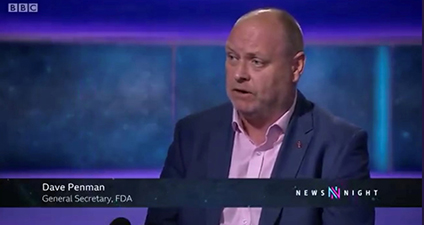

The job also requires empathy for the union’s members – as Penman points out, “there’s no point leading on the basis of what you think, rather than what they think”.
“Sometimes they prioritise things that I wish they’d prioritise differently, and accept things I wish they’d challenge more. My job is to understand their working lives, their priorities and take all of that, including the constraints on where they’re prepared to take action or not, and still get a good deal. There’s no point saying ‘well, if only you went on strike, you’d get more pay, so therefore I wash my hands of it’. My job is to get them more pay – or whatever it is – without the need to take action.” That, he says, is the crux of being a union led by members, not activists.
It’s for this reason that when Penman is asked what success would look like in the coming years, he says he wants membership to keep growing. The FDA has grown by nearly a third over the last five years, and last year was probably the fastest-growing union in Britain, he says.
He admits that growth may be tough, particularly if headcounts that have grown amid the Brexit and Covid crises are cut. “It’s like market share – so I think if we can continue to grow in what will be a more challenging few years, that will be a signal that we are continuing to do the right things. It’s not just about income. It’s also a signal on what you’re doing. We’re not a cheap union – I think we’re a good union, obviously – and we [still] have a record-level membership.”
Getting it right on flexible working post-Covid would also be a mark of success, he says. “And I’d love to do something on pay. But maybe that’s for the Christmas wishlist.”
“Flexible working will change people’s lives. It’s changed my life”
Penman says that aside from “big ticket things” like pensions reform, he hasn’t seen “anything that’s been so significant to the world of work or so valued to people” in his 25 years as a trade union official as the shift towards flexible working.
“It’ll impact almost everyone. So if we can get it right, embedding it as a permanent shift, it will really change people’s working lives. It already has – it’s changed my life. I’ve spent 18 months with a young daughter and most of the time I’ve been able to drop her off at nursery and pick her up, while working longer hours.”
It is a huge source of pride for Penman, how the union “turned on its head” when Covid restrictions meant its staff were suddenly forced to work from home. He recalls walking across London Bridge after shutting the office in March last year, “and thinking, Christ, we’re a workplace organisation, what’s this going to mean?” But he says the response from FDA staff was “absolutely incredible”.
“We looked at this and said, our job is to help the civil service do its job,” he says. Staff moved their own training online and took “innovative” approaches to work – all while dealing with their own challenges, and amid the “onslaught” of attacks on the civil service.
“I was worried that would happen to us as a union, and we had a record year. In the middle of all of this and the economic difficulties – perhaps because of some of it – that for me was just inspiring.”
Beckie Smith is a freelance journalist
Related News
-
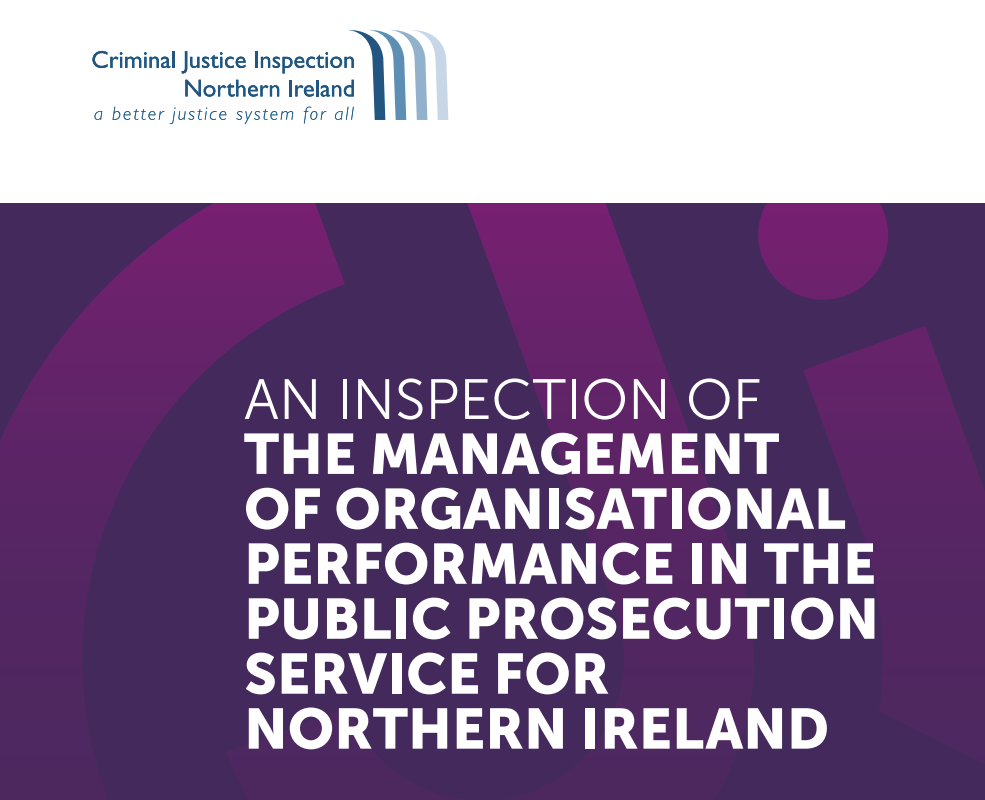
Prosecutors are undervalued, underpaid and overworked, says FDA responding to CJI NI report
The FDA has responded to a new report from the Criminal Justice Inspection Northern Ireland (CJI NI) into management and performance of the Public Prosecution Service (PPSNI).
-
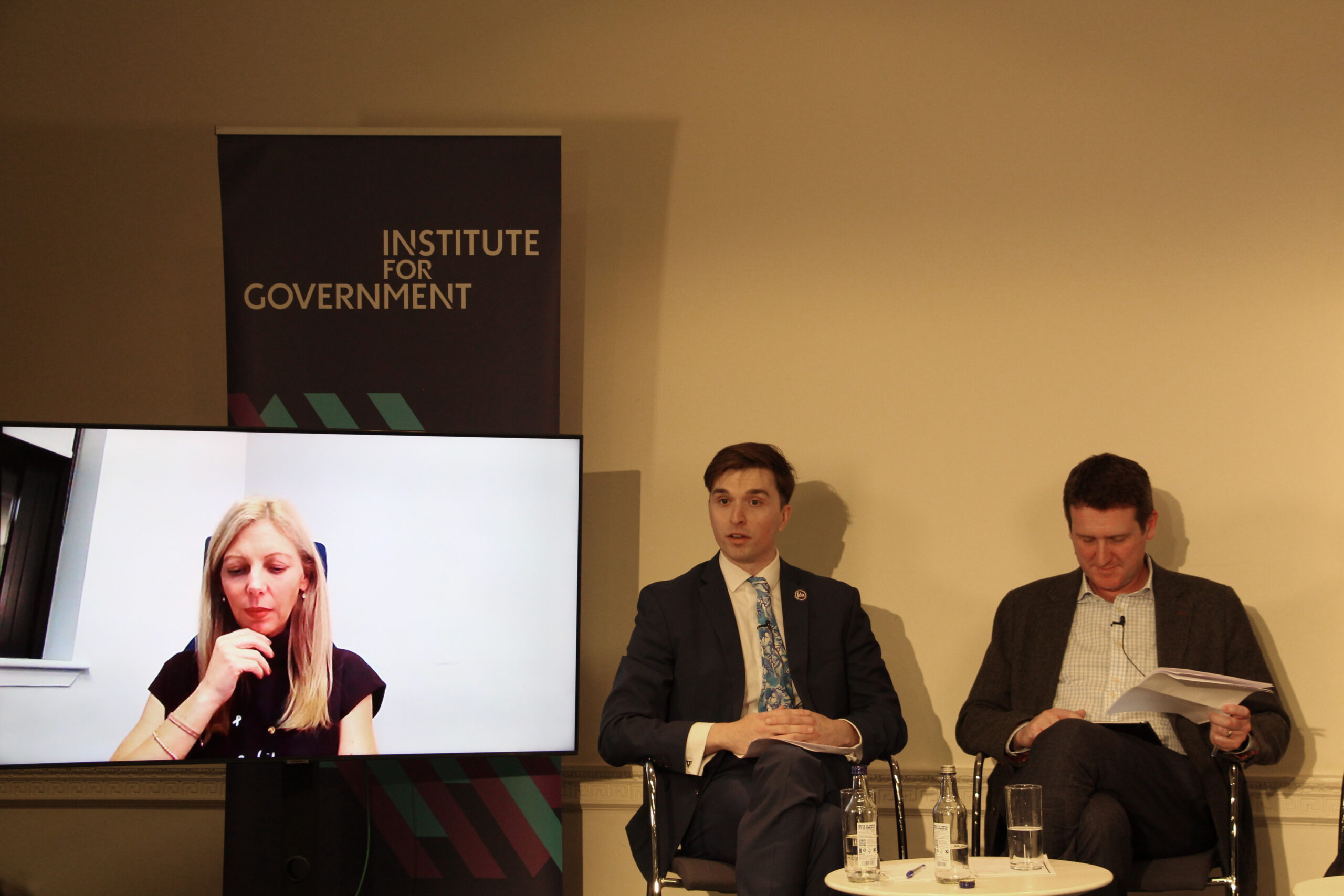
FDA calls for pay parity on IfG panel discussing Fast Stream reform
FDA National Officer for the Fast Stream Robert Eagleton took part in the Institute for Government’s (IfG) panel event, ‘How can the Fast Stream deliver more for the civil service?’.
-
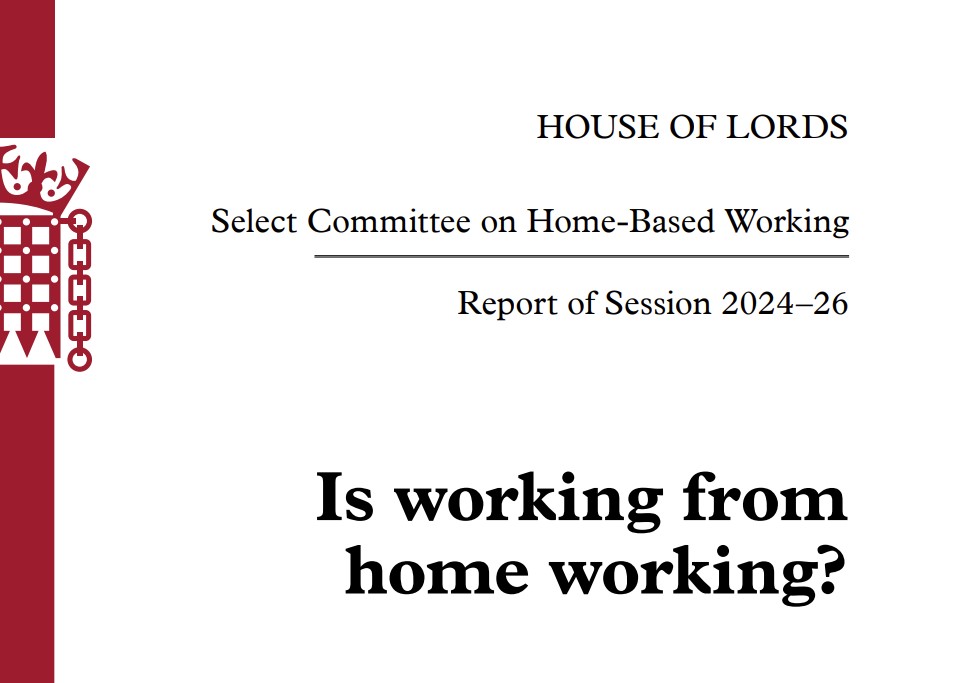
Lords Committee report highlights lack of evidence behind civil service 60% office working mandate
A new report from the House of Lords Select Committee on Home-Based Working, which features evidence from the FDA, says the government should lead by example with good hybrid working practices within the civil service.